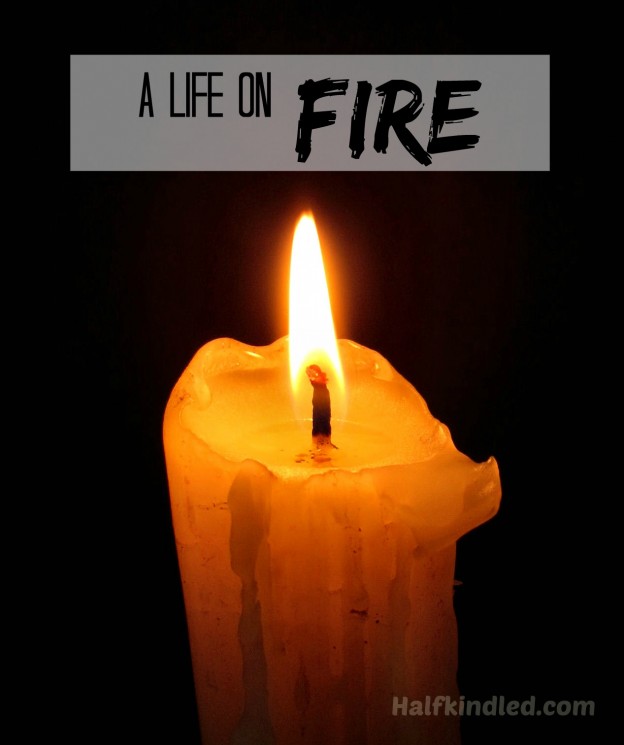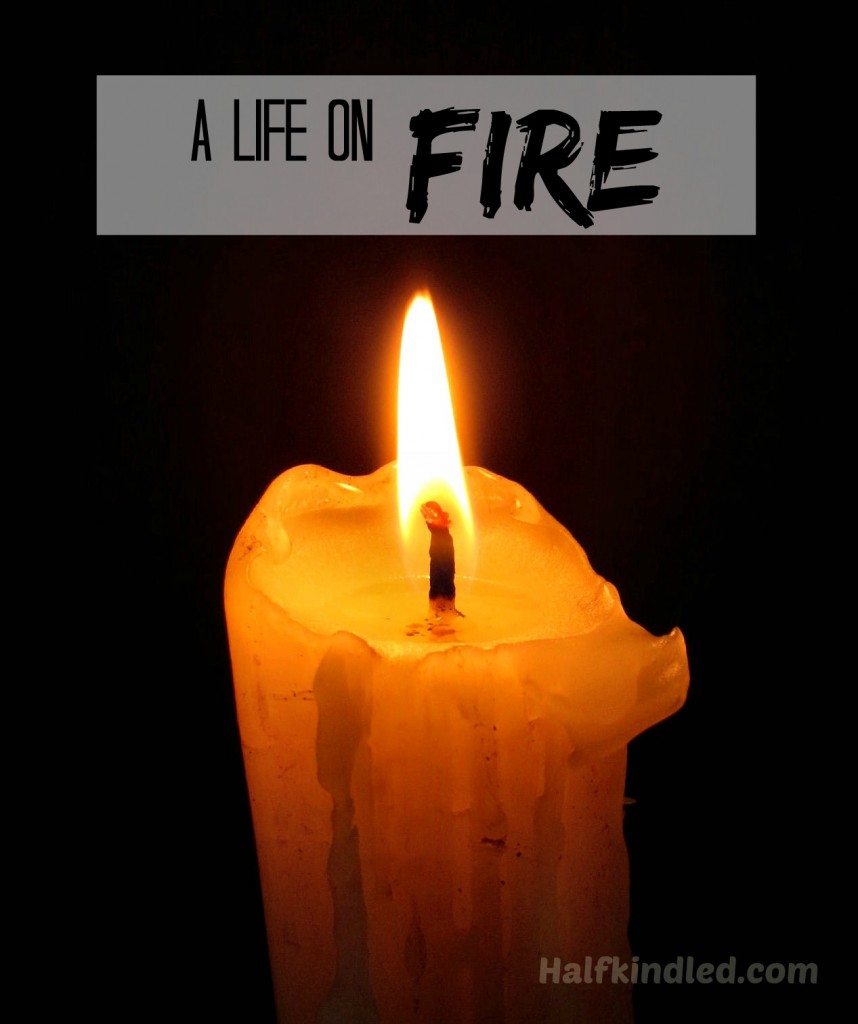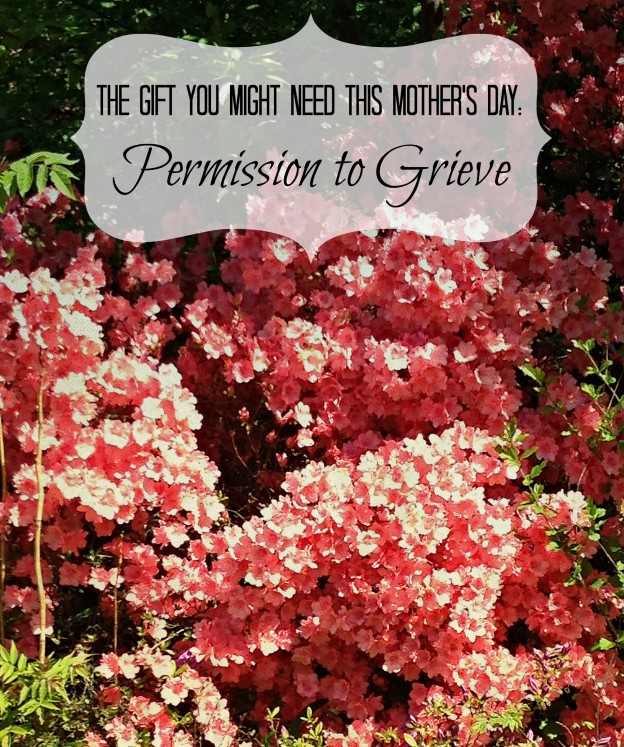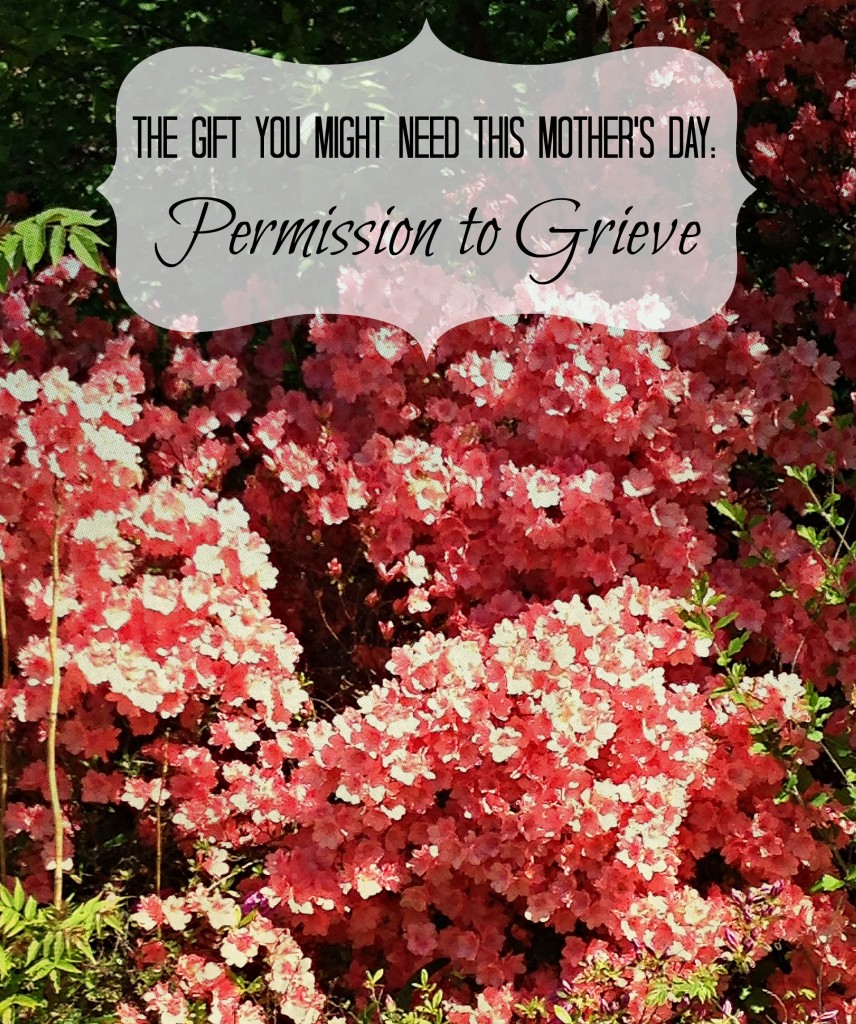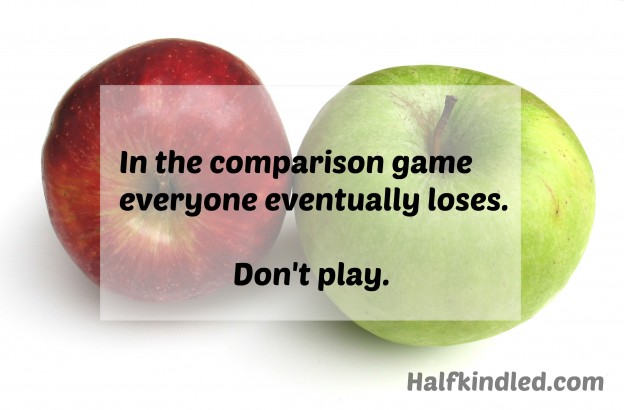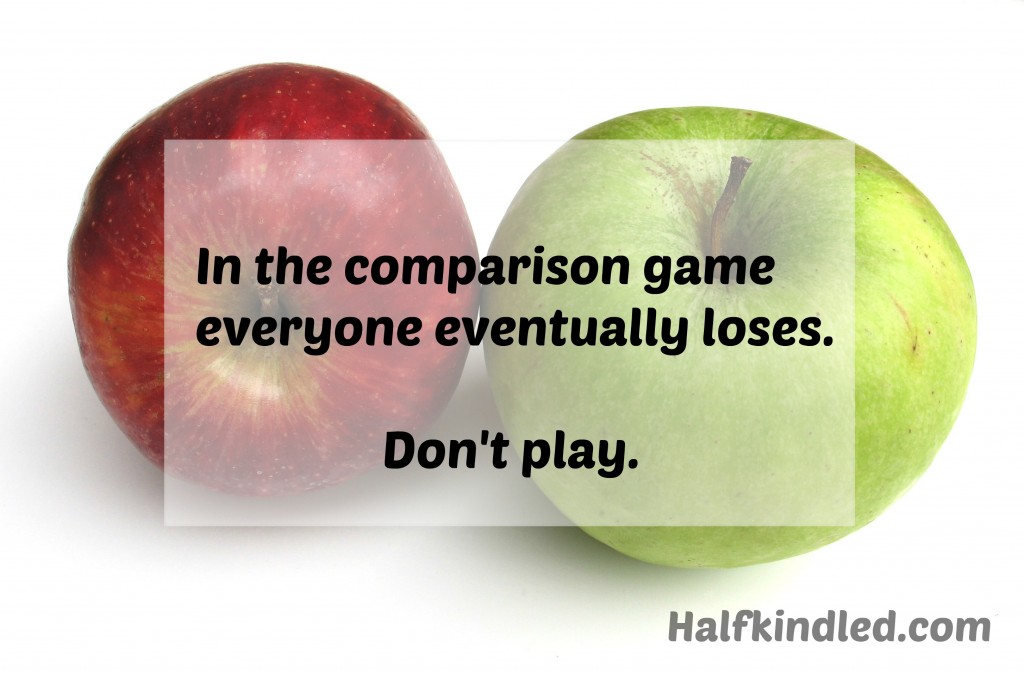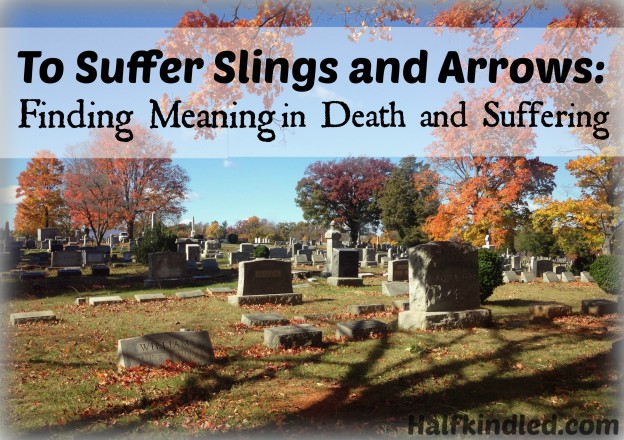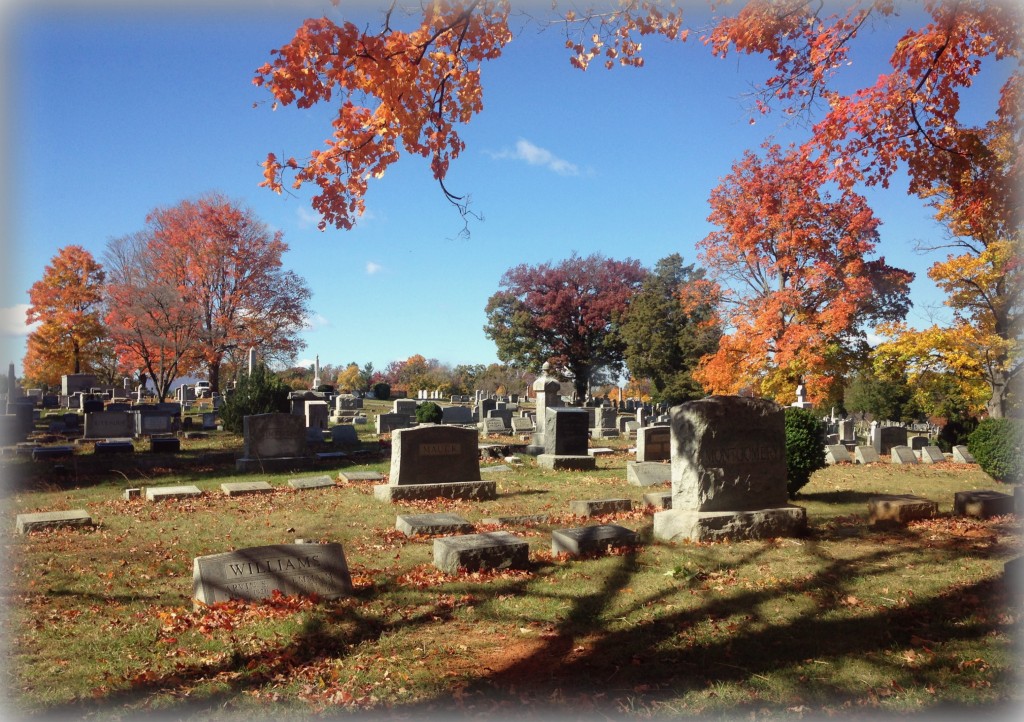
Taken by my husband on a visit to the cemetery on All Souls Day.
Recently I posted this article written by a college classmate on my Facebook page. Later that day, a friend asked me to contrast that article to this one (be warned, the article contains vivid descriptions of what it is like to die a lingering, suffering filled death). This post is born of thoughts I had after reading both.
Because of the intense suffering and break down of the body that occurs with death, some call it ugly. To the atheist, the suffering that accompanies the final days of one’s life could be described as “a tale told by an idiot, full of sound and fury, signifying nothing.” If pain is devoid of all meaning and purpose, than the most reasonable thing in the world is to “take arms against a sea of troubles and by opposing, end them.”
When faced with excruciating, seemingly pointless suffering, some individuals consider suicide a an appropriate response to such a fate, perceived worse than death itself. As holocaust survivor Viktor Frankl, a man well acquainted with suicide from his time in a concentration camp, wrote: “Life is not made unbearable by circumstances, but by a lack of meaning and purpose.”
Advocates of suicide and euthanasia make the bold proclamation that the sufferings preceding death (or even those throughout life) are devoid of meaning, not worth enduring. or simply unbearable. As a result, they promote suicide as a means of escaping suffering out of despair or fear.
For death to become bearable, one must first find meaning in suffering; this meaning can be seen from both natural and supernatural perspectives.
Every time that I have been a part of someone’s final days, I have been struck by suffering and deaths’ ability to transform, to drive change by forcing one to confront their own mortality. The person grapples with understanding what it means to have the span of their days on this earth numbered, perhaps imminently.
Death dispels the illusion of being in control. The one who suffers through it watches his very body turn on him. He faces an experience he can try to fight, but cannot escape. As Viktor Frankl noted, “When we are no longer able to change a situation, we are challenged to change ourselves.” Death, then, offers the ultimate challenge, one that can compel us to change ourselves for better or for worse.
I have seen death bring about great increases in humility, love, forgiveness, and patient endurance. I have seen it provide a chance for loved ones to express their affection through gentle service and keeping vigil at the bedside, and for the dying to humbly receive that love. Often it takes the form of holding the dying person’s hand and whispering “I love you” countless times as you suffer together.
Facing the permanence of death has a way of reminding one of what his true priorities are. The noisy distractions of life fade away and relationships have an opportunity to come to the forefront. Love may intensify and be purified from selfishness and vain attachments.
Suicide robs the dying and their loved ones of the opportunity to share this deepening of love, the fullness of which can only be realized through the unique process of natural death. In a sense, our lives are not simply our own; they belong to others. We cannot be truly happy in this life except by giving of ourselves to others. Our ties in the human family are closer and more profound than we often realize; each life touches so many others. When someone deliberately chooses to terminate his own life, he tears a gaping hole in the fabric of his community. Whether intentional or not, committing suicide communicates to others that escaping one’s own suffering takes priority over the time and love that could have been shared otherwise within the natural death process, however painful as it may be for all involved.
The most significant relationship one facing death may no longer ignore is a relationship with God. Death prompts one to take a final stand and decide what type of relationship they want to have toward God: one of love, apathy, or defiance.
For those who choose to draw closer to God, suffering holds an even greater purpose. They are in the unique position of being a visible sign of Christ crucified to the world. “Always bearing about in [their] body the mortification of Jesus, that the life also of Jesus may be made manifest in [their] bodies” (2 Cor 4:10). In their pain and trials, the Christian shares in “the fellowship of his sufferings” (Philipians 3:10). Love is proven, not in the heights of ecstasy, but in the crucible of suffering. Love “bears it out even to the edge of doom.” (Shakespeare, Sonnet 116)
With their bodily sufferings, the dying can fill “up what is lacking in Christ’s afflictions” (Col 1:24). This is not to say that there is anything insufficient about Christ’s suffering and death on the cross, rather that, in His love, Christ has given us a means of applying the merits of His suffering and death to our own soul and the souls of others. Accepting the sufferings one is presented, is a powerful way of taking up the cross and following in the footsteps of the savior.
Looking back on my own life and reflecting on my sufferings, I see that the moments of greatest pain and sorrow were not pointless. These heartaches ignited the fire of passions, previously unknown, and increased my capacity to love others. They prepared me for gifts I had not previously been disposed to receive.
Perhaps then the sufferings which precede death are merely preparation for receiving the greatest gift God has to offer: eternal life. A life where every tear shall be wiped from our eyes, “For now we see only a reflection as in a mirror; then we shall see face to face. Now I know in part; then I shall know fully, even as I am fully known” (1Cor 13:12).
Do you see meaning in death and suffering? Are there reasons that you find suffering meaningful (or not) that you care to share?
P.S. Prolonging death unnecessarily will be addressed separately in another article.
I have aspirations of also writing on the idea of what constitutes a meaningful quality of life, but I am a slow writer, it will probably be quite a while.
If you appreciated this article please share it with others!

